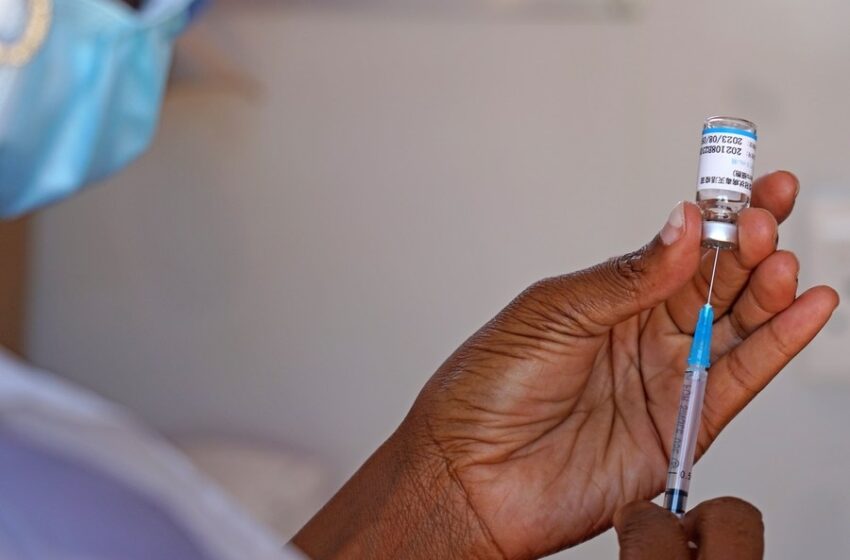
Half dose of Covid-19 booster delivers similar immune response as full: Study
San Francisco, Nov 25 (IANS) Decreasing the widely used Covid-19 booster vaccine dose produces a similar immune response in adults as compared to a full dose with fewer side effects, a new study has found.
The study, published in the journal The Lancet Regional Health – Western Pacific, found that a half dose of a Pfizer Covid-19 booster vaccine produced a non-inferior immune response to a full dose in Mongolian adults who previously had AstraZeneca or Sinopharm Covid-19 shots.
However, it found that half-dose boosting may be less effective in adults primed with the Sputnik V Covid-19 vaccine.
The research, led by Murdoch Children’s Research Institute (MCRI) and the National Centre for Communicable Diseases in Mongolia, involved 601 participants over 18 years old and produced reports on the initial responses seen 28 days after vaccination.
“Fractional dosing may improve Covid-19 booster acceptability and uptake and reduce the per-dose cost of Covid-19 booster programmes. Policymakers and immunisation advisory committees can draw upon this data to make flexible boosting schedules decisions,” MCRI Professor Kim Mulholland said.
The study found that half-dose boosted participants reported fewer local reactions than those receiving full doses (60 per cent versus 72 per cent), including less pain and tenderness. They also reported fewer systemic reactions (25 per cent versus 32 per cent), including less fevers, vomiting, diarrhoea and headaches.
“This Coalition for Epidemic Preparedness Innovations (CEPI)-funded study has generated valuable data about combinations of vaccines that have been widely distributed through COVAX, which will help to inform future booster strategies in countries in the global south. Fractional dosing can contribute to equitable access by making vaccination more acceptable and less costly,” said Dr Melanie Saville, Executive Director of R&D at CEPI.
